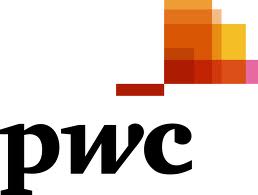 The Emerging Benefits of EHRs
The Emerging Benefits of EHRs
PwC’s Health Research Institute (HRI) provides research and analysis on trends impacting various health industries. The Institute’s latest report, commissioned by Canada Health Infoway, Canada’s equivalent of our own ONC, finds that over time, providers adopting EHR technology see a return on their investment. The report, The emerging benefits of electronic medical record use in community-based care found a two-fold increase in adoption of electronic medical records since 2006, yielding efficiency and patient care benefits valued at $1.3 billion,
Key findings from the report
The PwC study drew on more than 250 research publications from around the world and includes up-to-date Canadian results from recent studies and surveys. The report found the benefits achieved over a six year period (2006-2012) include:
- $800 million in administrative efficiencies as staff time is redeployed in community-based practices;
- $584 million in health system level benefits, such as reduced duplicate tests and adverse drug events;
- Improved interactions and communications among care team members and between providers and patients; and
- Better quality of care and health outcomes through preventative care and chronic disease management with advanced EMR use.
Return on investment of adoption of certified EHR technology since the passing of the HITECH Act in 2009 has been a huge concern for providers here in the U.S. “In some cases, it’s the sum of a lot of little things, ” said Jennifer Zelmer, senior vice-president with Canada Health Infoway. “When you’re using electronic medical records, staff in a medical practice tend to spend less time pulling charts, and they’re able to use that time for clinical services,” she added. “And when you add that up those kinds of efficiencies, both in terms of chart pulls and in terms of tracking down test results, actually the value of that is quite significant.”
The report suggests that time plays a critical factor in the ROI for investment in an EHR. Financial savings from operational and administrative streamlining rose significantly four years into EHR use. EHR benefits found in the report also show a positive impact on provider-patient communication. Additionally, 96% of the surveyed physicians report they are better able to coordinate their patients’ care with access to EHR information.
Read and access the PwC Canadian study here.
Need some EHR implementation guidance? Download Achieving Stage 2 Meaningful Use in Private Practice.
